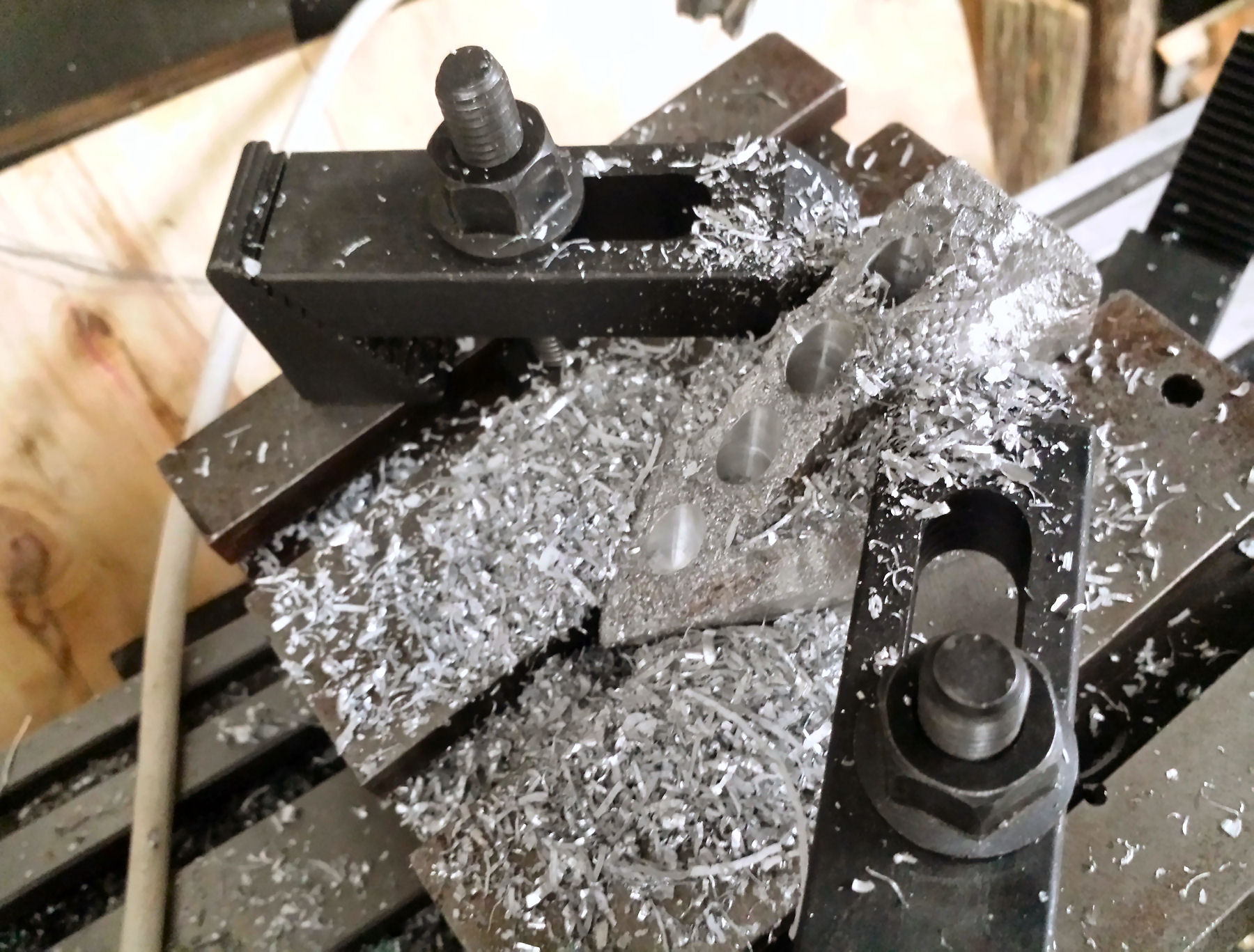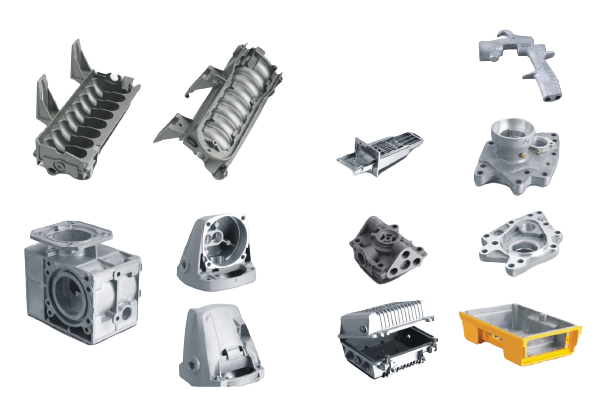The 9-Second Trick For Alcast Company
The 9-Second Trick For Alcast Company
Blog Article
3 Simple Techniques For Alcast Company
Table of Contents10 Simple Techniques For Alcast CompanyThe smart Trick of Alcast Company That Nobody is DiscussingFascination About Alcast CompanyA Biased View of Alcast CompanyAlcast Company for DummiesSome Known Details About Alcast Company
The subtle difference depends on the chemical content. Chemical Comparison of Cast Aluminum Alloys Silicon promotes castability by minimizing the alloy's melting temperature level and enhancing fluidity during spreading. It plays an important function in permitting elaborate molds to be loaded accurately. Additionally, silicon adds to the alloy's toughness and wear resistance, making it important in applications where toughness is crucial, such as auto components and engine parts.It also boosts the machinability of the alloy, making it less complicated to process right into completed items. In this method, iron adds to the general workability of light weight aluminum alloys.
Manganese adds to the toughness of aluminum alloys and improves workability (aluminum casting company). It is commonly utilized in functioned aluminum items like sheets, extrusions, and accounts. The existence of manganese aids in the alloy's formability and resistance to cracking during fabrication processes. Magnesium is a light-weight component that provides stamina and influence resistance to light weight aluminum alloys.
Unknown Facts About Alcast Company
It enables the manufacturing of light-weight parts with outstanding mechanical residential or commercial properties. Zinc improves the castability of aluminum alloys and helps manage the solidification process throughout casting. It boosts the alloy's stamina and solidity. It is typically discovered in applications where detailed forms and fine information are essential, such as decorative spreadings and particular automobile parts.

The main thermal conductivity, tensile toughness, yield toughness, and elongation vary. Amongst the above alloys, A356 has the highest possible thermal conductivity, and A380 and ADC12 have the least expensive.
The 7-Second Trick For Alcast Company

In accuracy casting, 6063 is well-suited for applications where intricate geometries and top quality surface coatings are vital. Examples consist Resources of telecommunication enclosures, where the alloy's exceptional formability permits streamlined and cosmetically pleasing styles while keeping structural stability. In the Illumination Solutions industry, precision-cast 6063 components develop classy and efficient lights fixtures that call for intricate forms and good thermal performance.
It results in a finer surface area coating and far better corrosion resistance in A360. The A360 displays remarkable elongation, making it suitable for facility and thin-walled parts. In accuracy spreading applications, A360 is well-suited for industries such as Consumer Electronic Devices, Telecommunication, and Power Tools. Its improved fluidity enables complex, high-precision parts like smart device cases and communication gadget housings.
Excitement About Alcast Company
Its distinct residential properties make A360 a valuable choice for accuracy spreading in these sectors, enhancing product durability and quality. Light weight aluminum alloy 380, or A380, is a widely made use of casting alloy with numerous unique characteristics. It provides excellent castability, making it an optimal option for precision casting. A380 displays excellent fluidness when molten, making sure complex and thorough molds are accurately recreated.
In accuracy casting, aluminum 413 radiates in the Consumer Electronics and Power Tools markets. It's commonly utilized to craft elaborate parts like smartphone real estates, cam bodies, and power device housings. Its precision is remarkable, with limited resistances as much as 0.01 mm, making certain flawless product assembly. This alloy's remarkable deterioration resistance makes it an outstanding selection for outdoor applications, making certain long-lasting, sturdy items in the mentioned industries.
7 Easy Facts About Alcast Company Described
As soon as you have chosen that the light weight aluminum die casting process appropriates for your job, a crucial next action is selecting one of the most suitable alloy. The light weight aluminum alloy you select will substantially affect both the casting procedure and the residential or commercial properties of the final product. Due to the fact that of this, you must make your choice thoroughly and take an informed strategy.
Establishing the most suitable aluminum alloy for your application will suggest weighing a broad array of qualities. The very first category addresses alloy qualities that affect the production process.
Alcast Company Fundamentals Explained
The alloy you select for die casting straight affects a number of facets of the spreading process, like just how easy the alloy is to function with and if it is susceptible to casting defects. Warm breaking, also referred to as solidification splitting, is a common die casting flaw for aluminum alloys that can cause interior or surface-level splits or splits.
Particular aluminum alloys are extra vulnerable to hot splitting than others, and your selection needs to consider this. It can damage both the cast and the die, so you need to look for alloys with high anti-soldering buildings.
Rust resistance, which is already a remarkable characteristic of light weight aluminum, can differ substantially from alloy to alloy and is a vital particular to consider relying on the environmental problems your product will be exposed to (Foundry). Put on resistance is another building frequently sought in aluminum products and can differentiate some alloys
Report this page